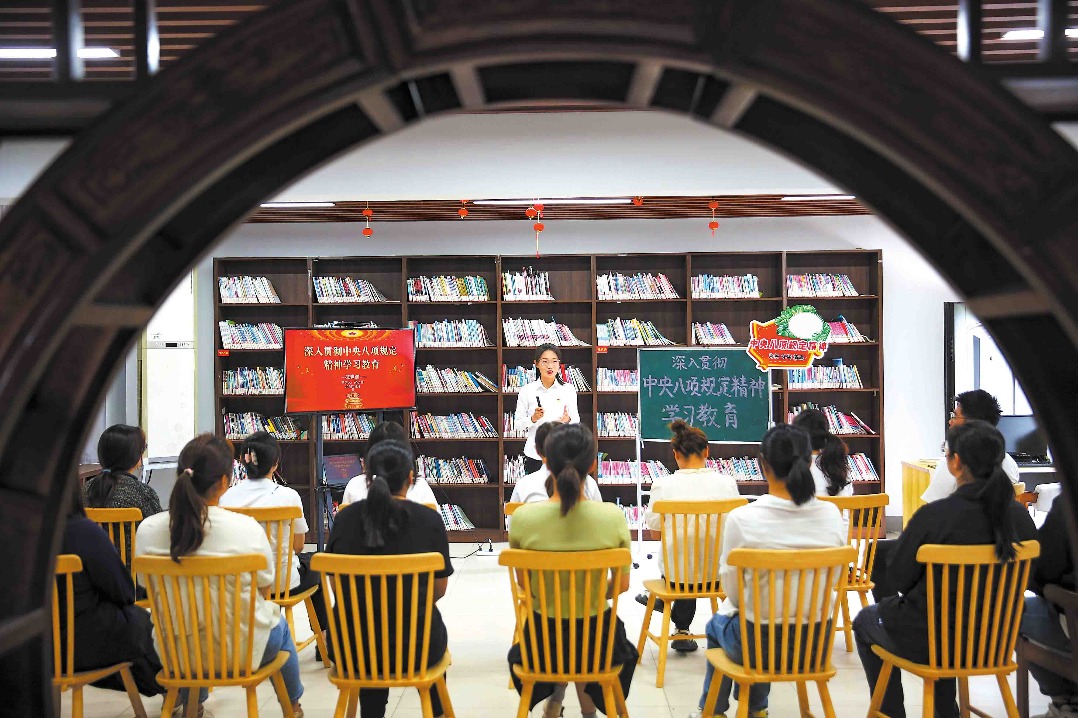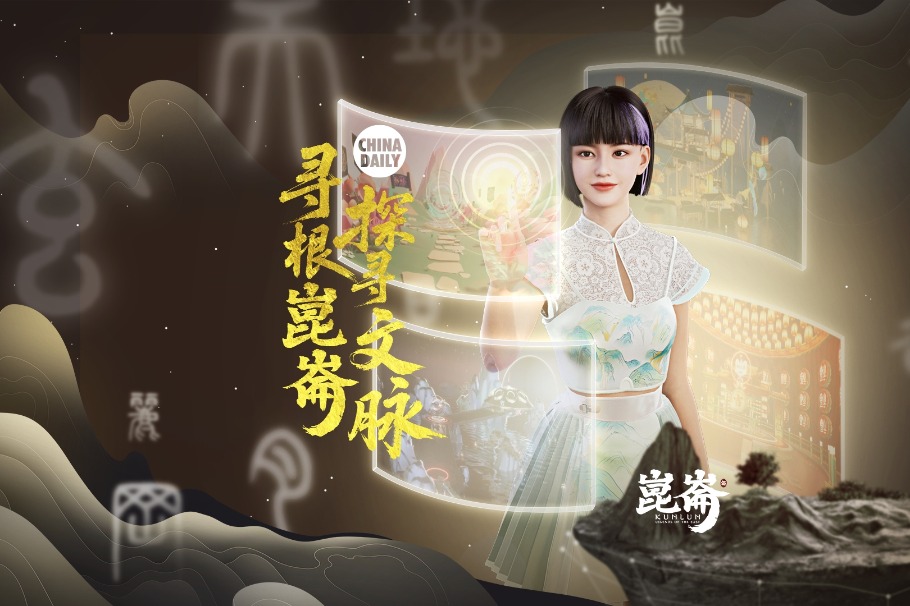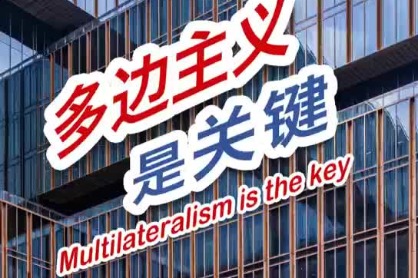From toys to milk tea, Chinese brands widen market share in Malaysia


UNIQUE PRODUCTS WITH A WIDE APPEAL
These cultural products are also contributing to the local economy, drawing interest not just from Malaysians but also international visitors.
Esther Yong, a university student and avid collector, noted that people from countries without access to Pop Mart are now traveling to Malaysia just to get their hands on the figurines.
"I think (Chinese products) help Malaysia's economy," she said. "I've seen quite a few foreigners come to Malaysia to buy Pop Mart (products) -- some even take entire boxes home. I think it's beneficial for the economy."
Esther also suggested that the retailer expand its product line to appeal to the interests of collectors like herself.
"Chinese cultural elements are definitely a plus point for me ... Personally, I really like ancient Chinese elements, like the traditional costumes in Empresses in the Palace. If a series with that kind of style were released, I'd love it," she said.
Meanwhile, Sharon Mendoza, a tourist from Mexico, said that she had first encountered the figurines in Pop Mart while visiting China and has kept an eye out for them on her subsequent travels.
"There is no such brand in Mexico ... If there was a Pop Mart store, I would visit there like every weekend," she said with a laugh. "Everywhere I know there is a Pop Mart store, I would like to go, because I like to gift these toys to my family and my friends."
The rise of Chinese brands in Malaysia is more than a commercial trend, but part of a broader cultural shift. Whether through designer toys, food and beverage chains, or cinematic experiences like animated films, China's creative industries are finding resonance among global audiences.
"We're seeing the growing power of Chinese IPs," said a local cultural analyst. "More importantly, we're seeing how Chinese culture is being reimagined, localized, and embraced by new audiences around the world."
























